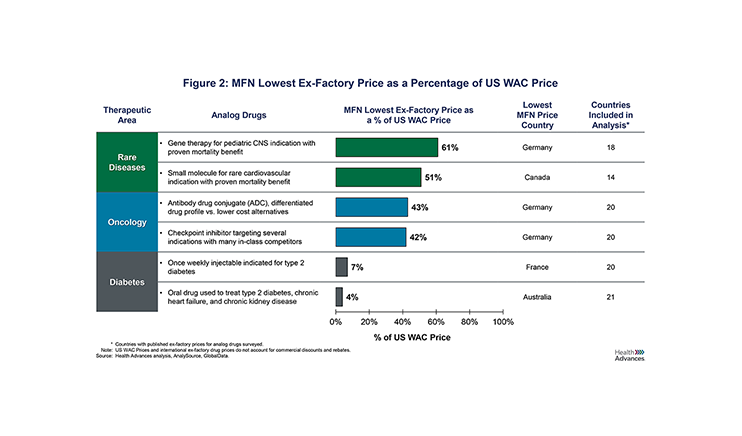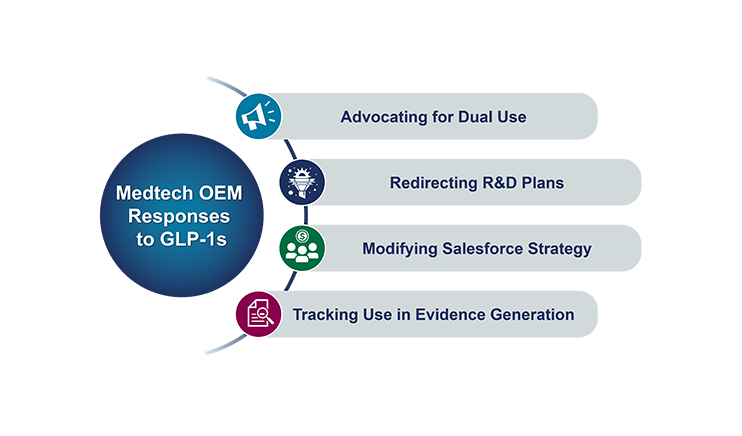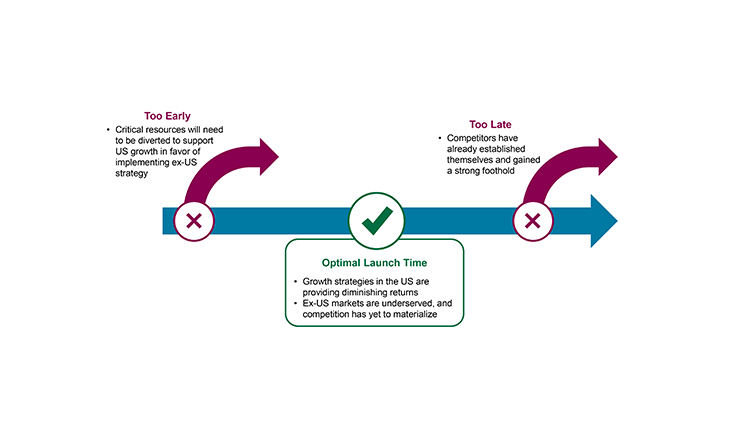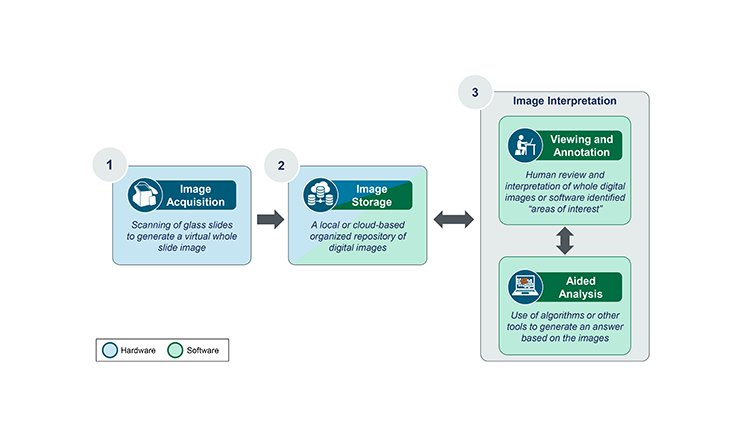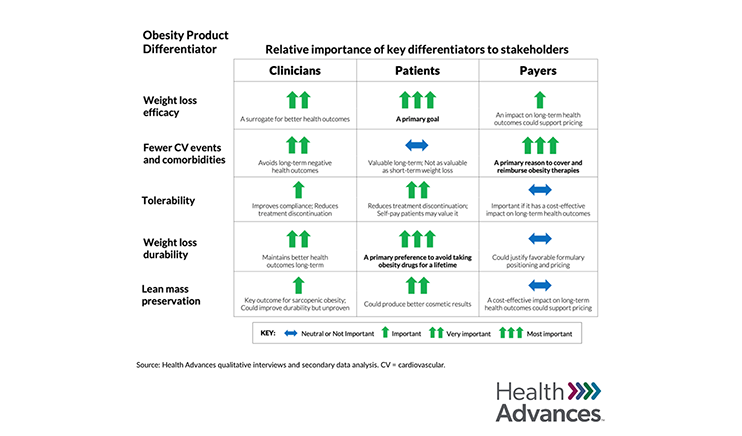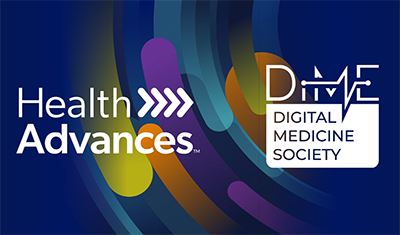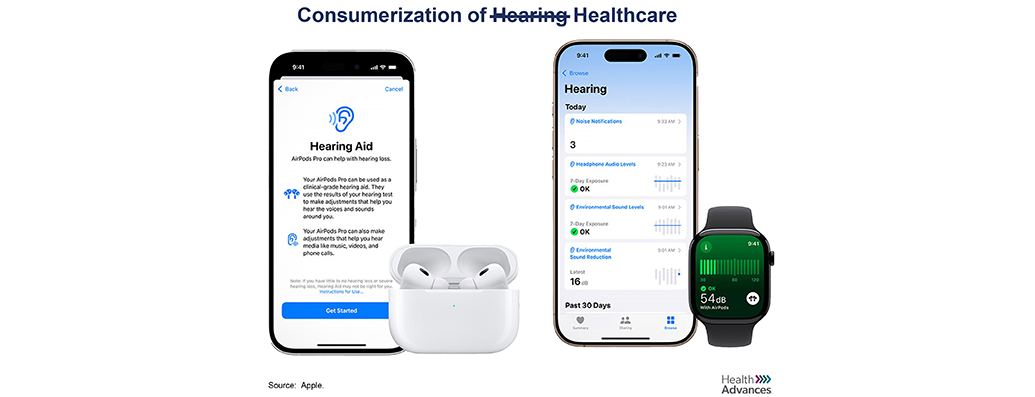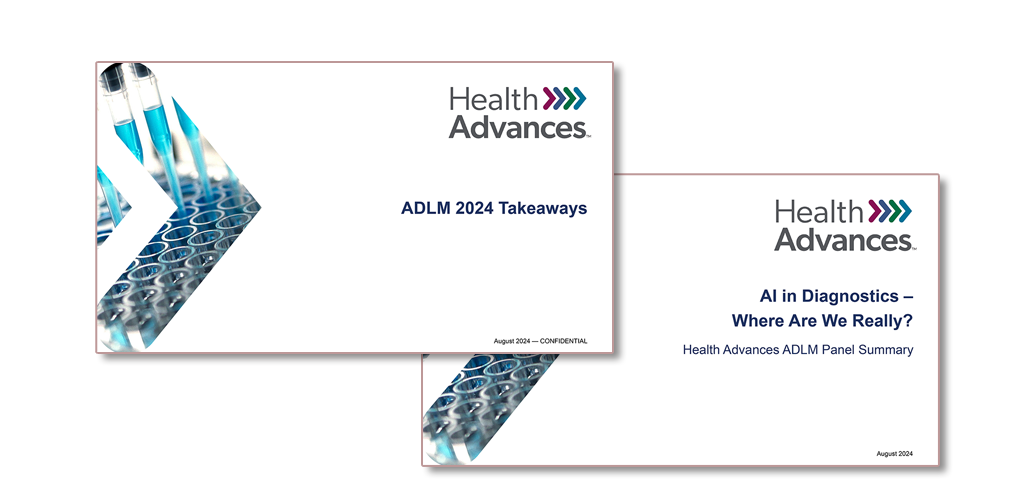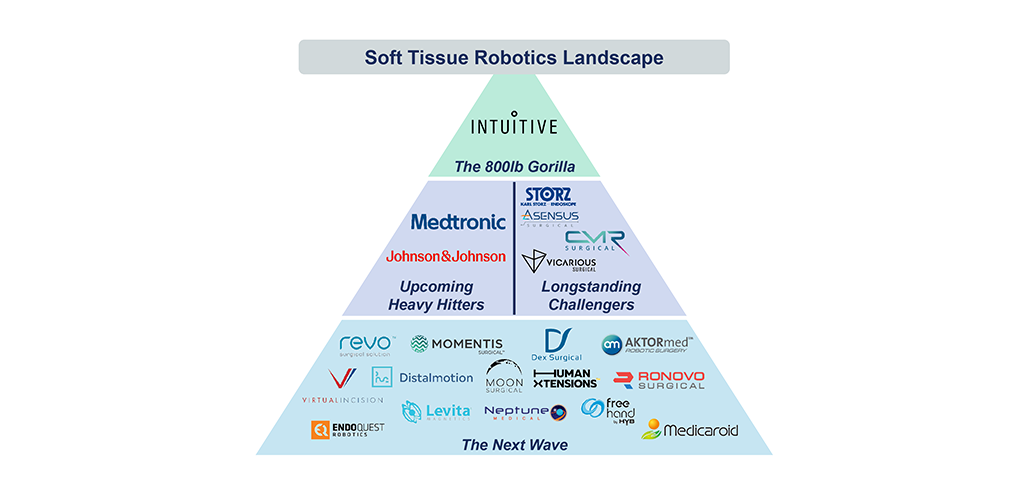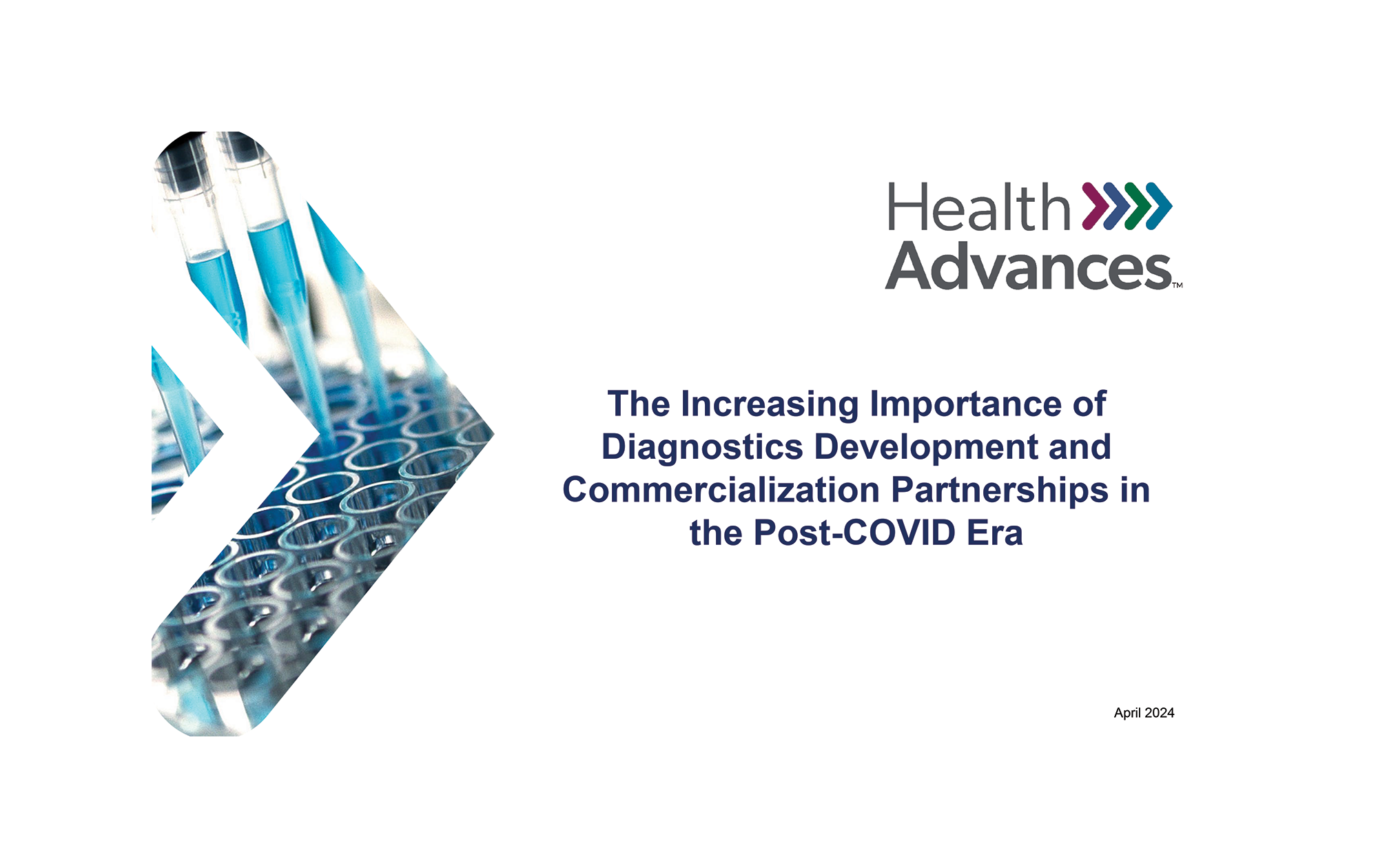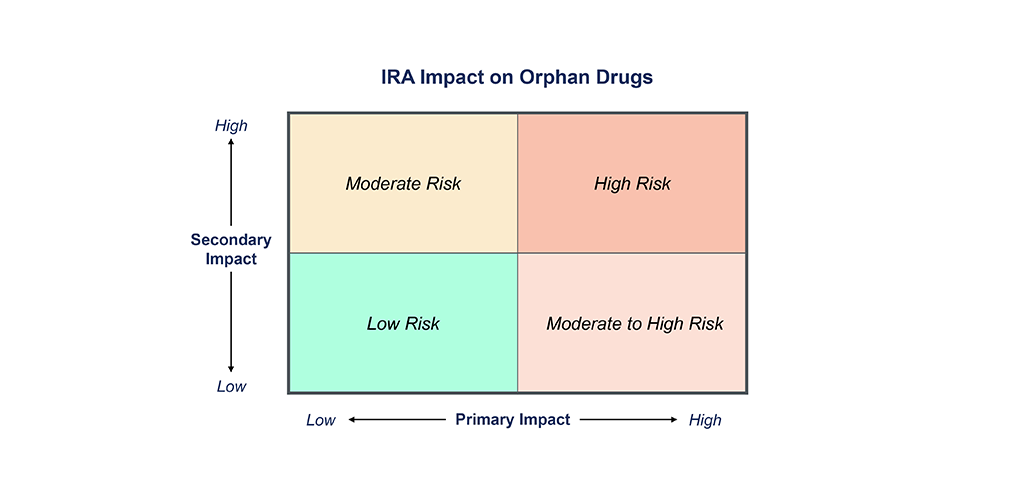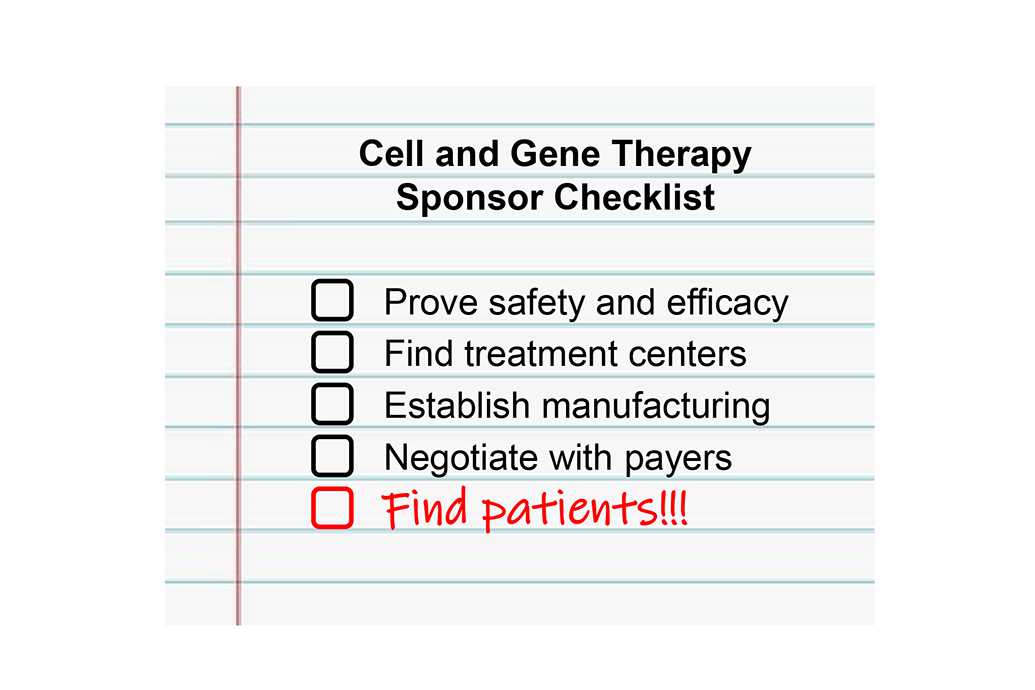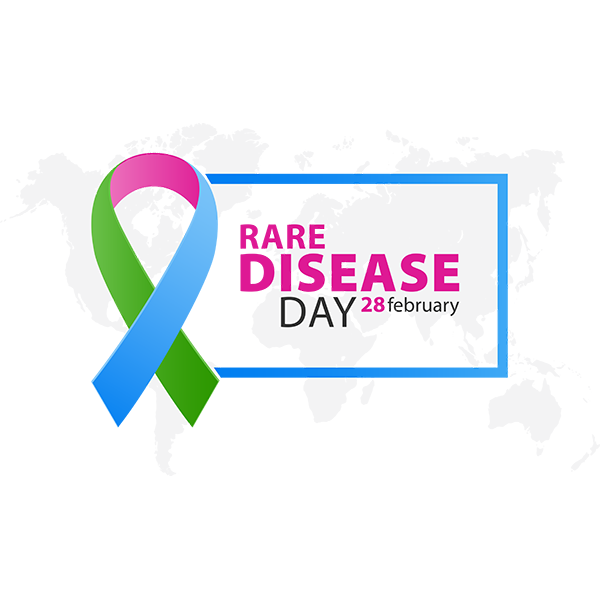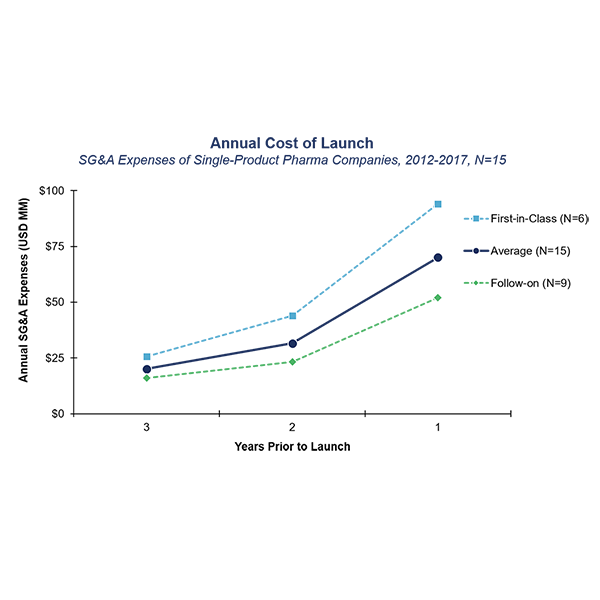Go-to-Market & Commercial Strategy
New health technologies most often miss revenue expectations when there is not a clear understanding of stakeholder buying processes, reimbursement and business models, and ideal customer profiles. To successfully commercialize a new technology, you need a strategic partner that understands the intricacies of your market and product and is dedicated to delivering greater value globally.
How We Help
When you’re on a fast track to commercialize your innovation, we partner with you to:
- Develop a go-to-market and partnering strategy that leverages your strengths while gaining external synergies
- Define thoughtful and actionable market sizing and segmentation to target commercial efforts
- Anticipate leakage points in the patient journey and develop strategies to maximize adoption
- Action a cross-functional launch roadmap tied to key investments and value infection points with P&L modeling
- Execute pricing, reimbursement, and market access strategies that optimize access and uptake
- Apply a consistent framework to prioritize global opportunities and launch market
- Identify next gen products, services, or integrated solutions across diagnostics/LSR, digital, biopharma, and medtech to expand the portfolio and drive uptake in current segments or expand into new segments
- Design a more effective internal organization to deliver on key initiatives, such as precision medicine
Our Advantage
- Preparedness from fluency with market dynamics, end stakeholders, and evolving healthcare business models globally
- Holistic approach to growth across biopharma, diagnostics, digital, and medtech
- Robust valuation capabilities that tie investments to commercial success
- Agile, adaptable extension of your team
Impact
- Rapid cross-functional alignment on a bespoke global strategy to deliver against financial objectives
- Value maximization through deep understanding of the levers to efficiently drive uptake
- Alignment on how and when investments will translate to commercial value
Health Advances formed a strategic partnership with a novel biotech to develop the global go-to-market strategy for the company’s first and follow-on products. We recommended the product positioning, prioritized target physician and patient segments, determined the optimal market access pathway and commercial model for >25 countries, evaluated cross-indication pricing dynamics, and developed a life-cycle management and label expansion strategy. The first product has since launched, and the company’s valuation increased five-fold over three years.
In close collaboration with a biopharma client’s commercial team, Health Advances developed a go-to-market strategy for a first-in-class disease-modifying therapy. We synthesized extensive research to determine key strategic imperatives and investments required for short- and long-term success of the therapy in the US and globally. The final deliverable directly helped inform the commercial team as it planned the investments required for this franchise, and furthermore ensured strong support from company leadership by providing a go-to-market plan that inspires confidence.
A small US-based diagnostic company with a novel molecular technology asked Health Advances to develop a strategy to bring a lung cancer (NSCLC) and non-invasive prenatal testing (NIPT) product to market. Through deep secondary research and extensive qualitative and quantitative primary research, our team developed recommendations on the optimal product profile and go-to-market strategy including regulatory, reimbursement, and partnership considerations. Health Advances provided our client with a comprehensive recommendation for launching each assay to use in future strategic planning.
Our team developed a global strategy to ensure that all relevant patients were appropriately tested with a companion diagnostic for a key oncology therapeutic for a large pharmaceutical company. Through a large interview with oncologists, laboratory directors, industry experts, and reimbursement experts in eight geographies, the team identified the expected clinical and logistical hurdles to using the companion diagnostic. The findings were used to inform the development of solutions and tactics to address the major hurdles to testing in each geography and determine where our client should prioritize its commercialization efforts to effectively and efficiently ensure that patients were appropriately receiving testing.
Our team was engaged by a pre-commercial diagnostics company to inform its launch strategy for a non-invasive colorectal cancer screening test. Health Advances leveraged qualitative interviews and quantitative surveys to the most critical patient segments and channels to target, as well as tactics to drive test uptake. Our client used the findings to gate and focus investments and activities most likely to drive uptake.
Health Advances aided a life science company entering the clinical diagnostic space in evaluating potential business models and for a novel diagnostic for multiple sclerosis. Our team conducted a deep-dive assessment of potential use cases for the biomarker test, including as a clinical diagnostic and as a tool for clinical trials. Potential business models evaluated included POC, specialty CLIA lab services, clinical lab instrumentation and reagents, and point-of-care, including an assessment of regulatory and pricing implications of different business models. Our insights and recommendations enabled our client to understand more clearly and tangibly how to commercialize their research-use-only test for the clinical diagnostic market over the near and long-term.
A client asked Health Advances to develop a commercialization strategy for its novel peripheral vascular technology. The Health Advances team tested value propositions, evaluated various business models, and assessed salesforce strategy options through in-depth interviews with physicians, hospital administrators, and MedTech industry executives. After conferring with the client team to discuss relative advantages and disadvantages of pricing and sales models based on the client's existing salesforce in the field, Health Advances then constructed a high-level P&L model, including revenue forecast to understand the financial impact of various go-to-market options. The model was powered by the detailed interview feedback and an in-depth analysis of analog companies with capital equipment. The final strategic recommendations informed investment and commercialization strategies for the company.
A small company engaged Health Advances to evaluate potential business models for a technology involving hardware, software, and disposables. Through a combination of secondary research and data analysis and in-depth interviews with various physician and administrative stakeholders, the team defined the treatment landscape, reimbursement dynamics, and where the client's product would be positioned. After conferring with the client team to discuss relative advantages and disadvantages of each business model, Health Advances then constructed a detailed financial model to forecast the technology's revenue and associated costs under two potential business models. The final valuation and strategic recommendations informed near-term investment strategies for the company as well as long-term commercialization strategies.
Health Advances developed a comprehensive commercial strategy for a digital behavior change and weight loss platform focused on US employer buyers. The strategy included a deep analysis of the market and competitive dynamics during a time of rapid consolidation and change. The team evaluated key stakeholder preferences and specific pricing dynamics. The commercial strategy set forth a concrete set of positioning guidelines in conjunction with a company rebrand and relaunch to the market as well as a tuck-in acquisition of a digital behavioral health / mindfulness platform.
A small digital therapeutics company preparing for commercialization asked Health Advances to develop a go-to-market (GTM) strategy for market access and adoption, with particular emphasis on evidence requirements and business models. Health Advances conducted robust analysis on adolescent mental health, depression, and anxiety patient journeys to highlight current unmet needs and potential use cases for the client's products. Qualitative interviews with physicians, patients, payers, and employers were used to determine value drivers by stakeholder to achieve adoption, ongoing utilization, and payment. Detailed analog analysis was used to inform optimal business models across prescription and non-prescription versions of the product. The client was able to implement the recommended evidence generation and GTM strategy in adolescent mental health using an actionable value development roadmap to support commercialization.




